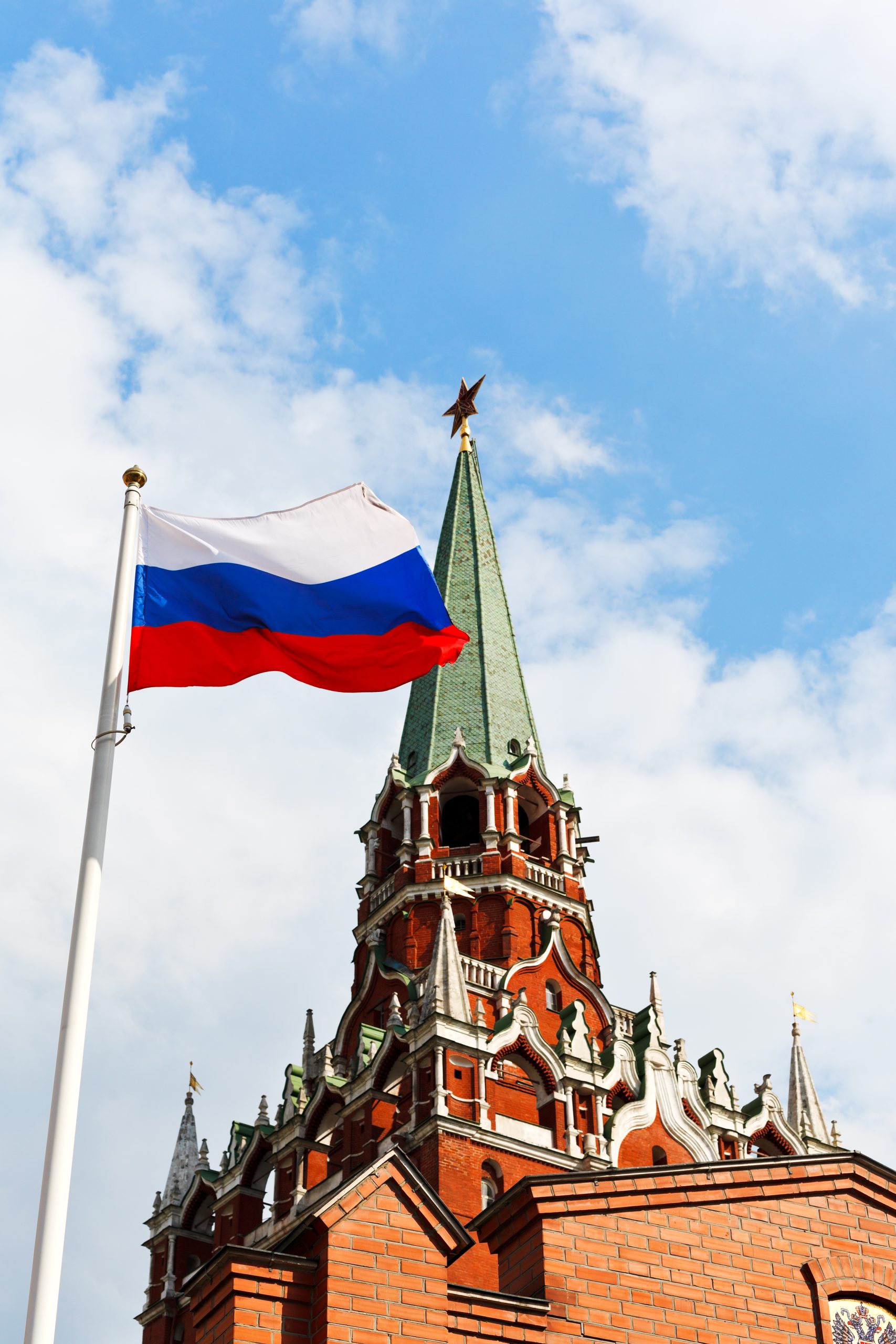How can the EU ensure or enhance the effectiveness of its sanctions policy against Russia?
In the run-up to the European Parliament elections, Clingendael experts answer questions by our online audience. In this first episode, Annemarie Verkerk asks: How can the EU ensure or enhance the effectiveness of its sanctions policy against Russia? Bob Deen answers her.
Bob, first of all, who in Russia is currently facing EU sanctions due to the invasion in Ukraine?
The sanctions are targeted at individuals, such as oligarchs, but also at companies and sometimes entire sectors of the Russian economy. The EU focuses on individuals who actively support the Putin regime or implement government policies. Businesspeople who, for example, profited from the construction of the bridge from Russia to Crimea or individuals in the vicinity of Russia’s military-industrial complex.
Russia has shifted to a wartime economy, finding alternative markets and routes. How challenging is it to make those sanctions effective?
Enforcing sanctions against a country as vast as Russia is indeed challenging. You don’t exactly know what crosses the border, for instance, with China. The EU is trying to exert pressure on countries still trading with Russia through so-called secondary sanctions. But the fact remains that there are also countries questioning why the war in Ukraine is their concern. For instance, a country like India gets cheap oil from Russia.
Russia also continues to acquire components for its weapons industry from the West. How does that work?
Russia demonstrates creativity in this regard. They lack certain items that they cannot produce domestically, such as semiconductors and chips. They establish various import routes and purchase devices containing these semiconductors and chips. As a result, Ukraine sometimes finds Russian missiles with components from, for example, Texas Instruments in the US. Once again, the sheer size of Russia and the sophistication of its economy allow them to continue these activities.
What does this mean for the Russian economy?
The Russian economy is currently growing, largely due to the significant investments the state is making, particularly in the military industry. While this effect is positive in the short term, in the long run, it can fuel inflation, among other issues. Russia is taking steps that will only pose problems in the longer term.
Additionally, you mentioned another advantage the Russians currently have. Russia is part of a customs union with countries against which the EU has not imposed sanctions. What are the consequences of this?
Yes, these countries include Armenia, Kazakhstan, and Kyrgyzstan. If we look at the latter, you can see that EU trade with the small country of Kyrgyzstan increased by almost 1000% in the first year after the invasion. Not only is Russia trying to circumvent the sanctions, but companies and sometimes even countries from Western Europe are also attempting to do so.
Then there’s another issue with liquefied gas.
The EU has banned direct imports of Russian gas. But that only applies to imports via pipelines, not liquefied gas (LNG, ed) via ports. Spain has doubled its imports of that, Belgium tripled. France also buys a lot of it. Then you see that countries apparently don’t quite mean it when they claim they want to deprive Russia of all revenue, because cheap gas is also in their interest anyway.
Do you see any steps the EU can take if it wants to increase the effectiveness of sanctions?
The first thing the EU needs to do is carefully consider what goal it actually wants to achieve. Everything is getting mixed up. Initially, the goal was to make Russia pay a high price if it attacked Ukraine. Sanctions for deterrence clearly have not worked. The goal then shifted to frustrating the Russian war machine by squeezing the flow of components and other resources for weapons. This works to some extent, but it mainly requires enforcement, taking firmer action against companies and countries that circumvent sanctions. It can best do this by working closely with the US. The US Department of the Treasury has been quite effective in the past in enforcing sanctions and can sometimes act more decisively than the EU.
Can sanctions ultimately persuade the Russian people to make Putin change course?
I have my doubts about that. By now, Putin has more control over the oligarchs than the other way around. And as for the Russian population, even if they wanted to protest, we’ve seen how repressive the state can be. So the idea that we can only induce a behavioral change in a large country like Russia with economic sanctions means that you really have to enforce them rigorously, and it will also cost you money, so you must be willing to do that.
Is it important for European member states to be aligned in this case?
It is crucial. If only one country does not participate, Russia can use that country as a route. That is why you see that these sanctions packages have to be proclaimed by unanimity. A country like Hungary is not always willing to cooperate, but Slovakia is also starting to have reservations. That leaves the EU sometimes empty-handed after all.
About the author:
Bob Deen is Senior Research Fellow and Head of the Security Unit of the Research department of the Clingendael Institute. He is the Coordinator of the Clingendael Russia and Eastern Europe Centre.


